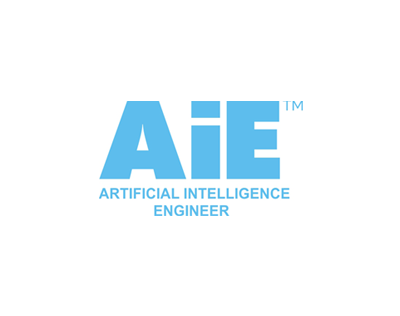

In addition to technical knowledge and profession-specific skills, the degree of success in professional roles is always influenced by the depth and breadth of a professional’s exposure to challenges in designing and developing the Ai and machine-learning infrastructure in an organization and implementing models for varying users across a plethora of use-cases. Based entirely on exam performance, this certification, in principle indicates the possession of knowledge and comprehension of critical and most recent theoretical and applied concepts, principles, frameworks, tools, and techniques of analyzing, designing, customizing, developing, and commissioning Ai and machine learning applications, reflecting professional potential for outcome-driven performance in diverse roles and responsibilities as developers, engineers, and technologists.
The assessment for the Ai engineering certification includes important knowledge areas related to logic programming, machine learning, neural networks, and basics of developing Ai software applications:
Structure of the ecosystem of Artificial Intelligence & Machine Learning
Concepts and principles of Supervised Learning, Ensemble Learning and Unsupervised Learning
AI & ML Programming
Building Recommender Systems
Logic Programming
Heuristic Search Techniques and Genetic Algorithms
Building Games With AI
NLP Development & Applications
Probabilistic Reasoning for Sequential Data
Speech Recognition; Object Detection and Tracking
Neural Network Applications
Reinforcement Learning
Deep Learning with Convolutional Neural Networks
ARTIBA is a globally-acknowledged pioneer of the AMDEX Ai and machine learning standards for technologists and engineers, and offers the industry-preferred Artificial Intelligence Engineer(AiE™) qualification. ARTiBA focuses on helping nurture a sharp creed of engineers and developers with superior knowledge of Ai engineering principles and concepts as well as agility and versatility across platforms.